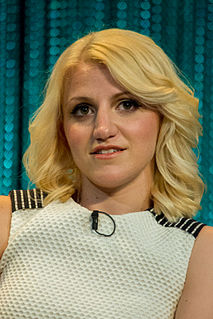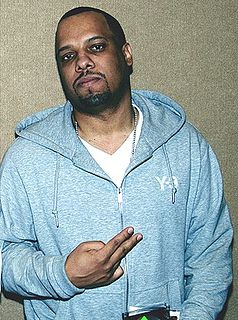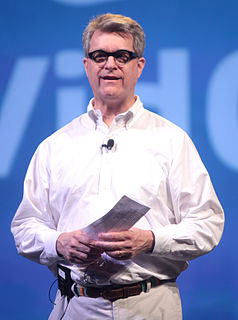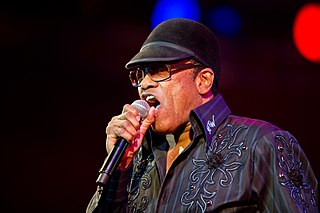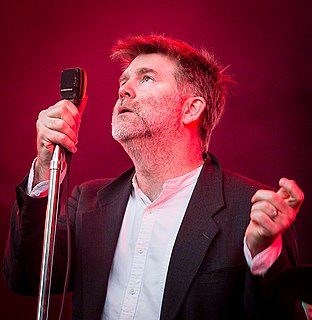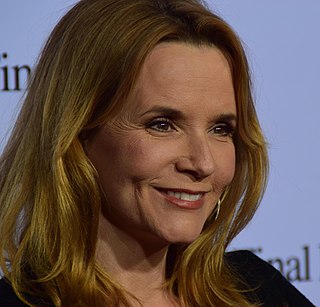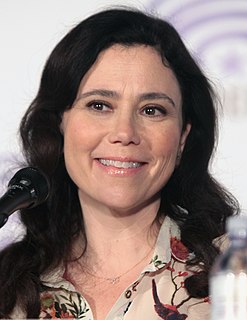A Quote by Annaleigh Ashford
I'll be, like, grocery shopping or doing something totally mundane, and once a day, you'll hear a Cyndi Lauper song on the radio. It is astounding what an icon she is, not just in popular music but in popular culture.
Related Quotes
I do like people who are popular across the years and stuff like that, but I'm not a big pop music fan. I don't listen to the radio unless it's KCRW, like Booka Shade. Yeah, like weird music is what I'm really into right now. But I like anything really. There's just so much. I buy new music almost every day, so there's so much coming in that I don't even have time to listen to something more that twice.
My background is that I've spent a lot of time marketing entertainment. One of the old saws in package goods is you can take something that is popular and you can make it more popular. But if you take something less popular, you can't automatically market it into the same success as something that's already popular.
Popular culture as a whole is popular, but in today's fragmented market it's a jostle of competing unpopular popular cultures. As the critic Stanley Crouch likes to say, if you make a movie and 10 million people go see it, you'll gross $100 million - and 96 per cent of the population won't have to be involved. That alone should caution anyone about reading too much into individual examples of popular culture.
